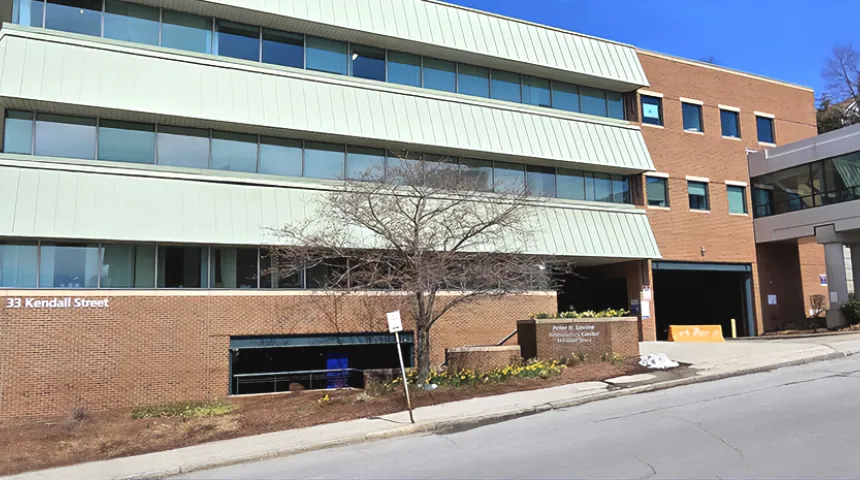Urethral Stricture Disease
Our urologists offer the latest procedures to help you find relief from urethral stricture disease.
Why Choose Us for Urethral Stricture Surgery?
Expertise
The UMass Memorial Medical Center team includes doctors specializing in reconstructive urology with a depth of experience in urethral stricture treatment. People throughout Central Massachusetts and beyond turn to us because we offer advanced options they can’t find elsewhere in the region.
Robotic Urologic Surgery
We are one of the only programs in the region with urologists specializing in robotic-assisted procedures for urinary tract strictures and blockages. This minimally invasive technique allows us to operate with exceptional precision and accuracy — and helps you recover faster. Our team includes urologists with some of the most extensive experience in robotic urologic surgery.
Compassionate Approach
We understand that problems affecting your urinary tract and genitals can be hard to talk about. Our urologists are sensitive to your situation, take the time to answer your questions and put you at ease. We work with you to select treatments that fit your needs and preferences.
Our Urology Locations

UMass Memorial Medical Center - Memorial Campus Peter H. Levine Ambulatory Center
33 Kendall Street,
Levine Building,
Worcester, MA 01605
Get Started
Call 855-UMASS-MD (855-862-7763) or request an appointment with a urologist.
